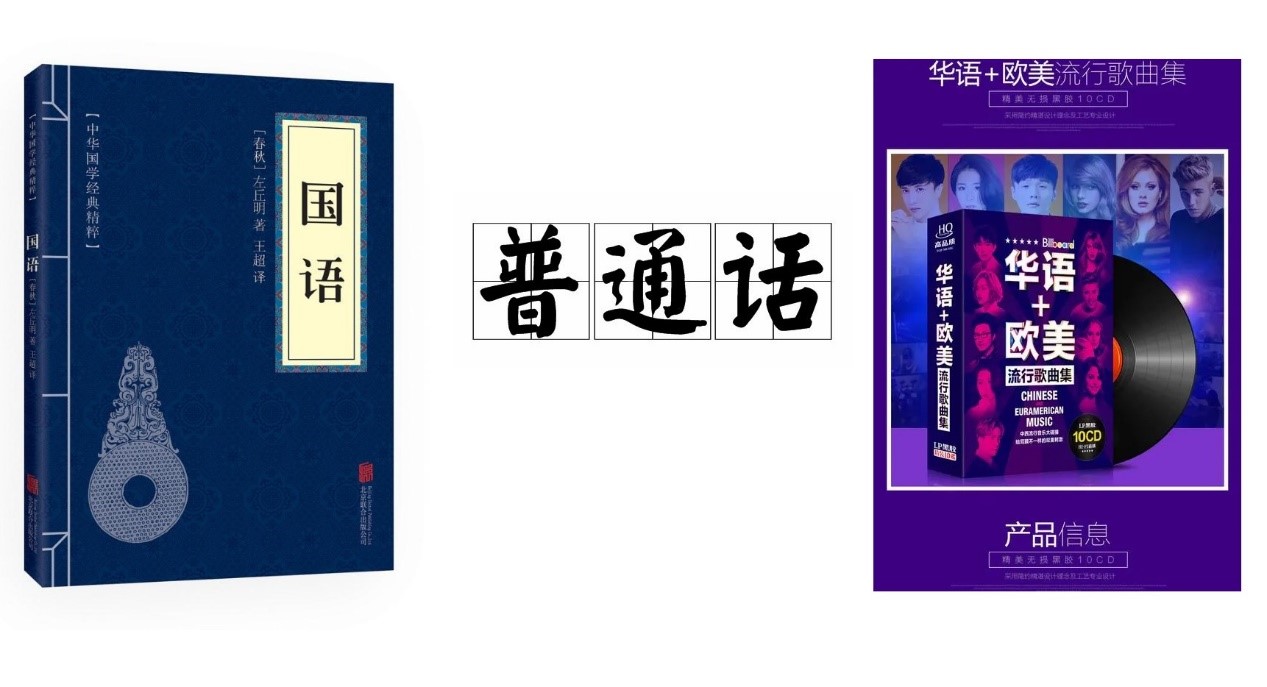What is the difference about Mandarin, Putonghua and huayu?
With the district influence, people life way and many history elements, there are many difference in the Chinese pronunciations in China.
Beijing dialect, (new school) Putonghua, old school Mandarin, new school Mandarin (Taiwan Mandarin) and Southeast Asian huayu are different in pronunciation, grammar and vocabulary.

Taiwan Mandarin: compared with the vocabulary of Mandarin, the vocabulary of Taiwan Mandarin not only integrates some Minnan or Hakka words, but also retains more ancient words. Another feature of Taiwan Mandarin vocabulary is that some words used before 1949 continue to refer to a certain group of people.
Chinese standard language with accent
There are also differences between "standard accent (no accent)" and "non-standard accent (with accent)" within the three systems of Mandarin, Putonghua and Chinese. From this point of view, Chinese standard language constitutes a large category of "dialects" of Chinese.
There is no strict boundary between standard accent and non-standard accent. Take Putonghua as an example:
The strictest definition of "standard accent" is the pronunciation of CCTV news broadcast. According to this standard, most Chinese speakers in Chinese mainland, including many announcers, have accents in Putonghua. In fact, many people occasionally violate the "Chinese national language standard" in the pronunciation, accent and words of Putonghua, but it can still be regarded as standard Putonghua.
Mandarin, which is obviously influenced by dialects or other languages, is generally regarded as having an accent. For example, the tone system is too different from that of Putonghua, or there are too many words with inaccurate pronunciation.
Whether Putonghua, which is influenced to some extent by dialects or other languages but does not affect communication at all, is regarded as having an accent varies from person to person. For example, Putonghua with "Beijing flavor" and "northeast flavor" to a certain extent.
The situation of Mandarin is similar: Old School Mandarin and Taiwan Mandarin are regarded as standard, while curling like Beijing dialect will be regarded as affectation.
The situation in huayu is somewhat different. Huayu is the same meaning about hanyu, Modern Chinese can be divided into standard language and dialect. Chinese is the official language of China, one of the four official languages of Singapore and one of the six working languages of the United Nations. Chinese is mainly circulated in China and Chinese communities in Singapore, Malaysia, Japan, Myanmar, Thailand, the United States, Canada, Australia, New Zealand and other countries.